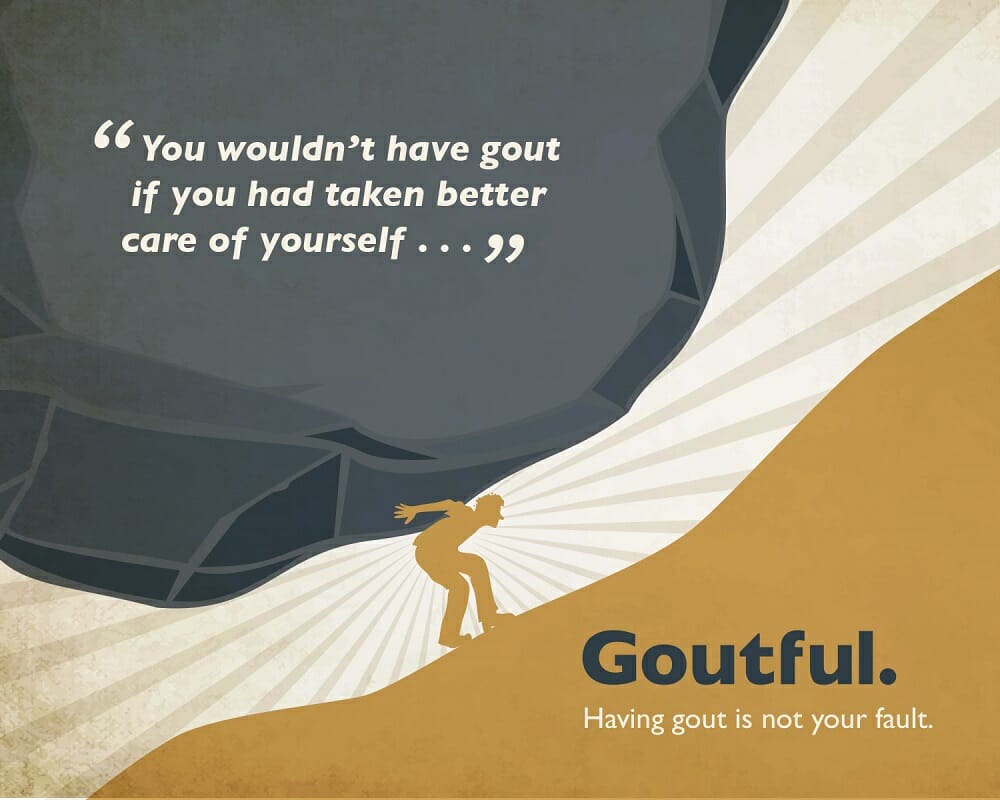The road Carrie Jones walked to become principal of a multimillion-dollar agency began, paradoxically, when she left agency life to raise a family. After having two kids back-to-back, she founded her consultancy, JPA Health, in 2007. It focused on public affairs, which then encompassed patient advocacy.
But as larger pharma companies and other clients began to approach JPA directly — instead of working with it through other agencies — demand for its patient-advocacy expertise grew rapidly. At that point, Jones decided to focus on three core service categories: communication, marketing and patient engagement.
“Our clients need to be able to tell stories,” Jones explains. “They need creativity and they need messages that will resonate with patients.”
JPA now houses 47 full-timers, up from 38 at the end of 2017. Notable additions in 2018 included Boston managing director Steve Piotrowski and creative director Julien Jarreau, both of whom arrived from H4B Boston.
“Our team members have deep sector experience,” Jones says. “They understand everything from rare diseases to oncology to chronic diseases. They are able to talk the science.”
In 2018, JPA generated $10.1 million in revenue, which represented a 1% uptick over 2017’s take of $10 million. At the same time, Jones reports that 2019 revenue was 10% ahead of the prior year’s pace through April.

New business represented 80% of the agency’s growth in 2018. Significant additions included Atomwise, a San Francisco-based company that uses artificial intelligence for drug discovery, and a partnership with EMD Serono.
Jones anticipates that JPA’s growth will continue as the year progresses, meaning its greatest challenge will be hiring talent. Like many of her peers, she says it can be difficult to find talented creatives with the right skill set and cultural fit.
“Not everybody wants to be part of a firm that uses insights to guide their strategic recommendations to clients,” she notes.
Jones is referring to JPA’s continued leverage of the decade’s worth of data it has gathered using its proprietary analytics tool called Gretel, a vast database of health influencers that was built in-house. She emphasizes it’s not a social listening tool, but rather one that allows the agency to see how audiences engage with each other and from where they derive their influence.
“The days of people saying, ‘Look, we know how to get this. Trust me, I’ve done it before,’ are gone,” Jones explains. “Clients want their strategies to be driven on data and insight, and JPA has invested a lot of time and energy into building a tool that provides those meaningful insights.”
As for maintaining a consistent culture and focus, JPA has long subscribed to an internal initiative called The Why Project. It’s part of the onboarding process for new employees and plays a role in every staff meeting, during which JPA team members discuss why their work matters to clients.
“It’s about why we’ve committed ourselves to health and healthcare, and why it’s important to do what we do,” Jones adds.
From the July 01, 2019 Issue of MM+M - Medical Marketing and Media






